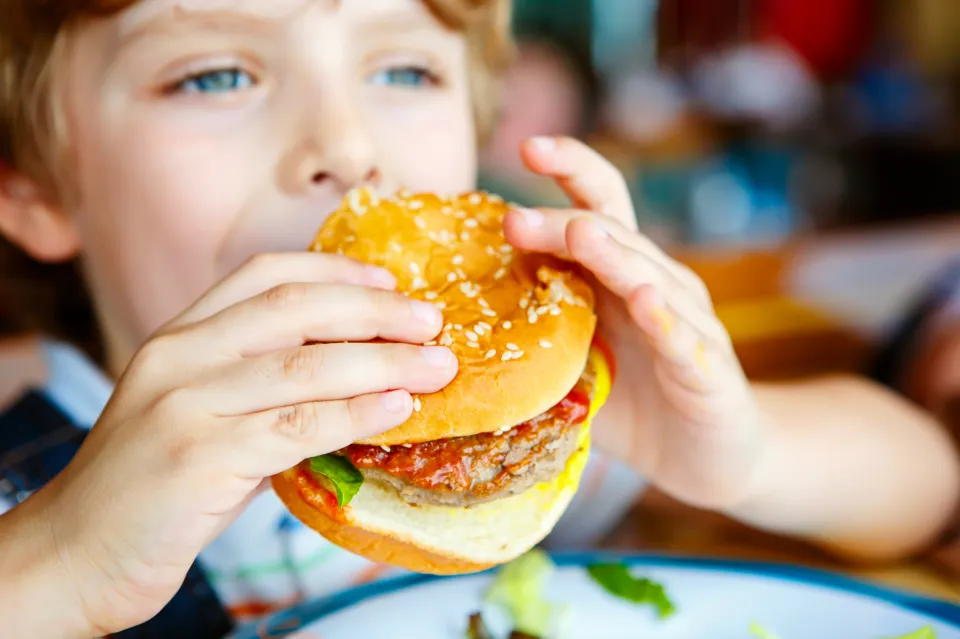A recent analysis from researchers at University College London reveals that nearly half of the caloric intake for toddlers in the United Kingdom comes from ultra-processed foods. These foods, which are heavily industrialized and often high in fat, sugar, and salt, include items like ready-to-eat meals, sugary cereals, flavored yoghurts, biscuits, and various types of bread.
The study raises significant concerns about the long-term health implications of such diets, linking high consumption of ultra-processed foods to obesity, cardiovascular diseases, mental health issues, and cancer later in life.
The research involved tracking the diets of nearly 2,600 children over several days, categorizing their food into five groups: unprocessed or minimally processed foods, processed ingredients, processed foods, and ultra-processed items.
Findings indicated that at nearly two years of age, toddlers derived about 47% of their calories from ultra-processed foods, a figure that increased to 59% by age seven. Among the ultra-processed items consumed by toddlers were flavored yoghurts and high-fiber breakfast cereals, while seven-year-olds favored sweet cereals and puddings.

While not all processed foods are inherently unhealthy, many are marketed as healthier options despite containing excessive amounts of sugar and salt. Dr. Rana Conway, the lead author of the study, emphasized the challenges parents face in providing healthy diets for their children in a food environment dominated by cheap, highly processed options. She noted that fresh fruits and vegetables, which are often considered healthier choices, can be more expensive and less accessible.
The researchers categorized toddlers into five consumption levels of ultra-processed foods, revealing that even those with the lowest intake were exceeding the recommended 5% cap for added sugars in calorie intake set by the UK government. Notably, children who had high ultra-processed food consumption in their toddler years were 9.4 times more likely to continue this pattern at age seven, highlighting the importance of early dietary habits in shaping future eating behaviors.
To address these concerning trends, the researchers advocate for new policies aimed at reducing children’s intake of ultra-processed foods. Suggested measures include implementing warning labels on food packaging and providing subsidies to encourage healthier food options. However, it is important to note that the study’s demographic included a higher proportion of white and higher-income participants compared to the broader UK population, which may affect the generalizability of the findings.
